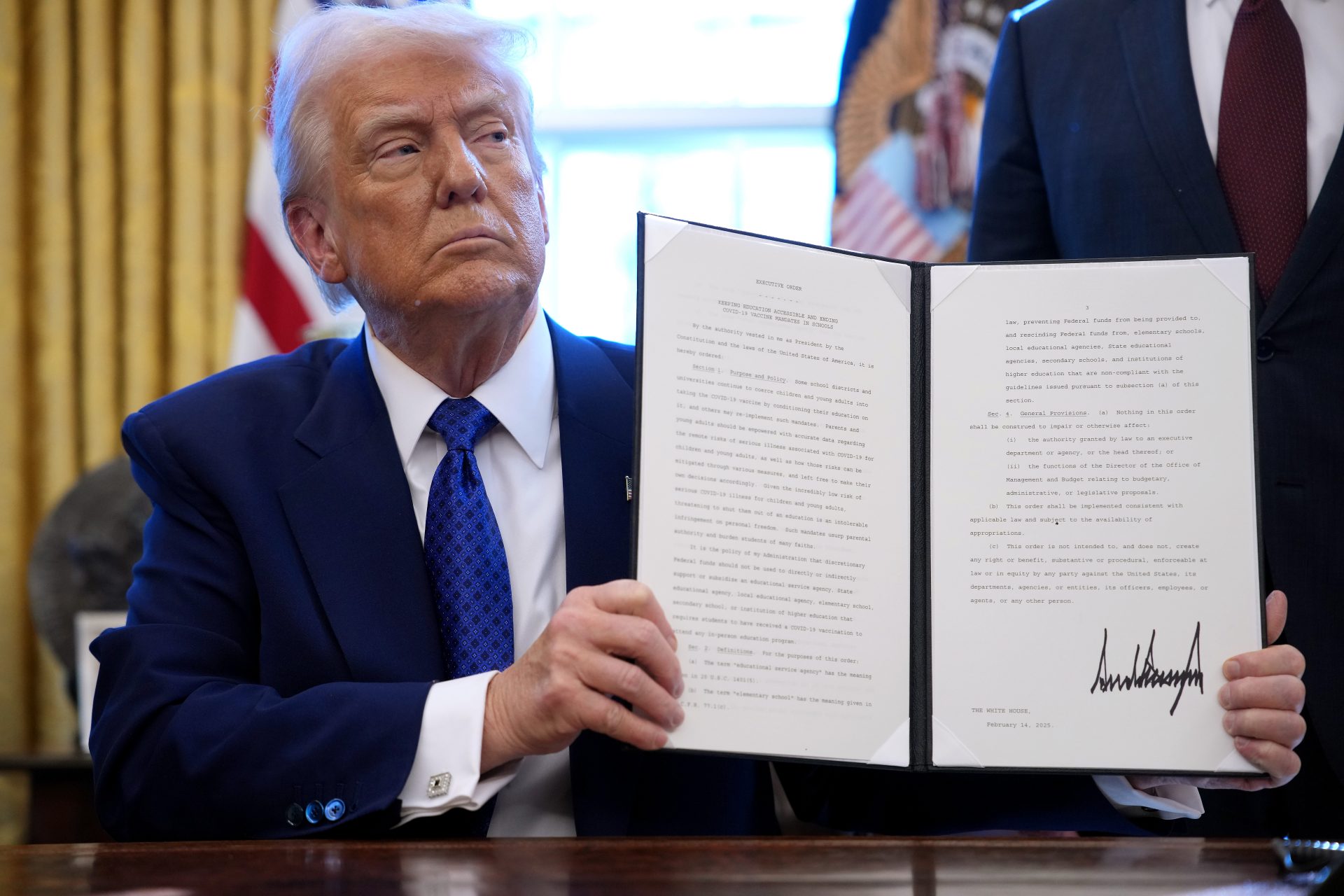Russia blames Ukraine for the shelling of the Khakovka dam
Russian state media agency TASS reports that the Russian-held Nova Kakhovka dam has been damaged by Ukrainian shelling.
Reuters cited Russian authorities, which claim that Ukrainian troops used US-made HIMARS missile systems, to target the dam's lock.
According to a Russian official quoted by Reuters, the Ukrainians were trying to “attempt to create the conditions for a humanitarian catastrophe” by breaching the dam. However, it's hard to know how true are these claims.
Built in 1956 on the Dnieper River, the Kakhovka reservoir is a major hydroelectric power plant in Ukraine.
Blowing up the Kakhovka dam would bring devastating floods in southern Ukraine. Reuters reports that the reservoir contains a volume of water equal to the Great Salt Lake in Utah.
“The Kakhovka dam holds about 18 million cubic meters of water. If destroyed, over 80 settlements, including the regional capital Kherson, will be flooded,” President Volodymyr Zelensky stated, as quoted by the Kyiv Independent. “Hundreds of thousands of people may be affected.”
The Kakhovka Reservoir is also a major part of the cooling system of the Zaporizhzhia Nuclear Plant.
Without the water reservoir, the Zaporizhzhia Nuclear Plant's cooling system would be seriously compromised and could end up in a serious nuclear accident.
The destruction of the Kakhovka reservoir could bring serious infrastructure problems for Ukraine, affecting water and power across the country.
The Russian military, forced to abandon occupied territories due to the advancement of Ukrainian troops, has intensified attacks with drones and missiles on civilian areas and major infrastructures.
The goal? To leave Ukraine disconnected and without power for the incoming water. Blowing up the Kakhovka Reservoir would be part of that strategy.
Nonetheless, the Russian government blames Ukraine for attacks on the Kakhovka dam, as seen in accusations such as shelling the dam's lock.
According to the Institute of War Studies, a Washington D.C.-based think tank, this would set up the table for a false flag operation on behalf of the Kremlin: Blow up the dam and blame Ukraine as the culprit.
What is true is that the Russian troops are retreating as Ukraine soldiers regain vast swathes of territory.
Serguei Surovikin, Russia's new military commander in Ukraine, accused Ukrainian troops of targeting the Kakhovka reservoir with US-made HIMARS missile launchers.
Meanwhile, the West fears that Putin's desperation regarding the current situation in Ukraine will reach the point that he's willing to take extreme measures, such as blowing up the Kakhovka dam.
Russia has started to evacuate civilians from areas nearby the Kakhovka reservoir, which increases suspicions that an attack on the dam is within their plans.
Russia and Ukraine accusing each other of attacking controversial targets are not new: a similar situation happened with the Zaporizhzhia Nuclear Plant.
Russia took over the nuclear plant and accused Ukraine of attacking it. In turn, Ukraine accused Russia of using Zaporizhzhia as a shield, storing weapons and troops inside its facilities.
The truth is that faced with a dire scenario in Ukraine, Putin has been forced to change his game: targeting civilian infrastructure, leaving Ukraine in the dark, and breaking the agreement that has allowed Ukraine to export grain is just part of the new strategy.
However, if the Kakhovka dam is destroyed, it would bring a devastating flood for Ukraine with many losses.
Zelensky, according to the BBC, has warned that if Russia attacks the hydroelectric plant it would be a 'large-scale disaster' for his country.
Interestingly enough, the Kakhovka dam and hydroelectric power plant were once seen as one of the great works of Soviet engineering, back when Russia and Ukraine were part of the same country.
Image: YE Gundobin / Post of the Soviet Union, Wikimedia Commons
The waters of the Kakhovka, which the Soviet engineers turned into a source of power, now feel like a ticking bomb as tension grows and more desperate measures are taken by warring factions.
More for you
Top Stories




































